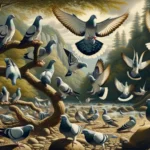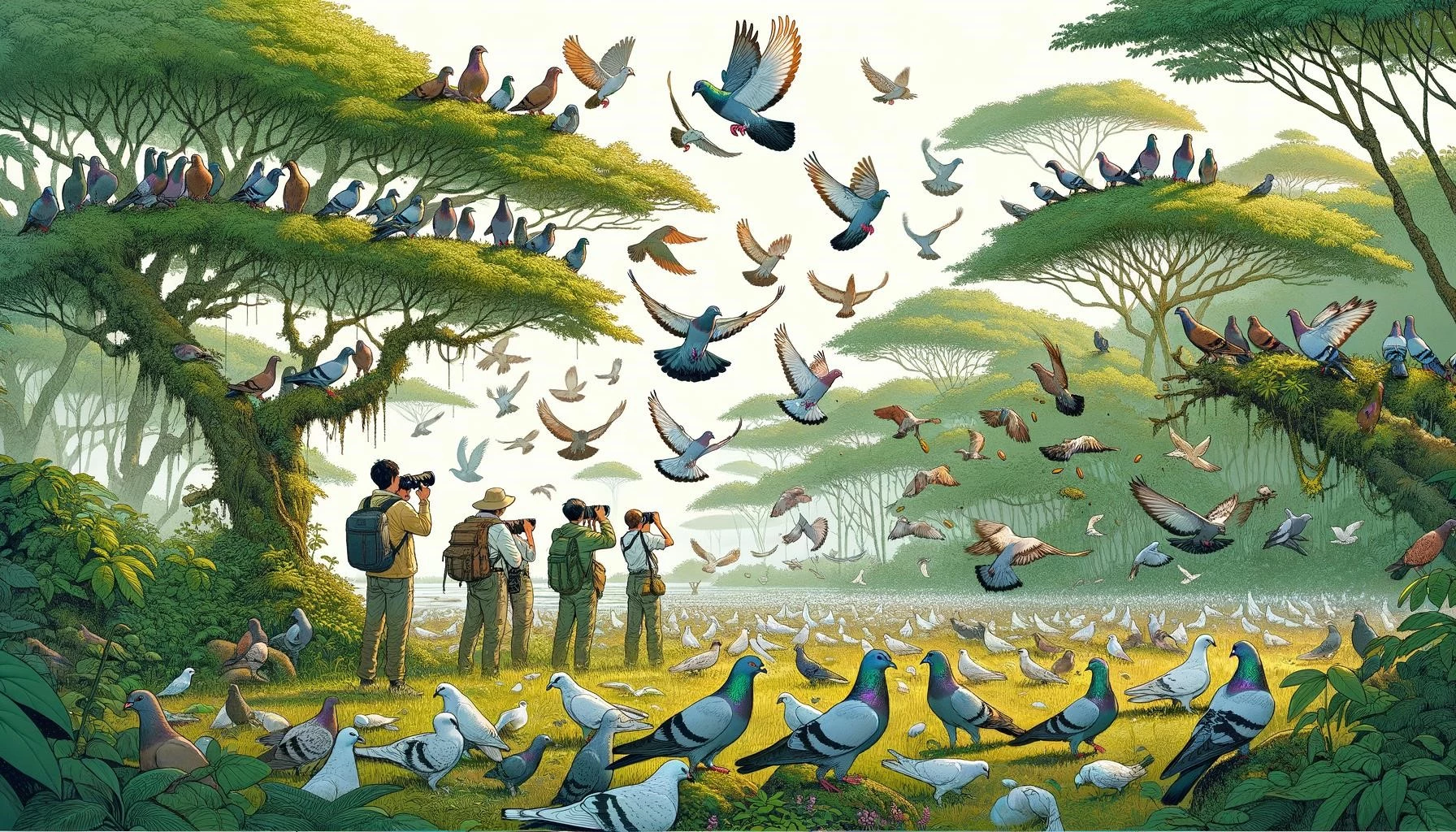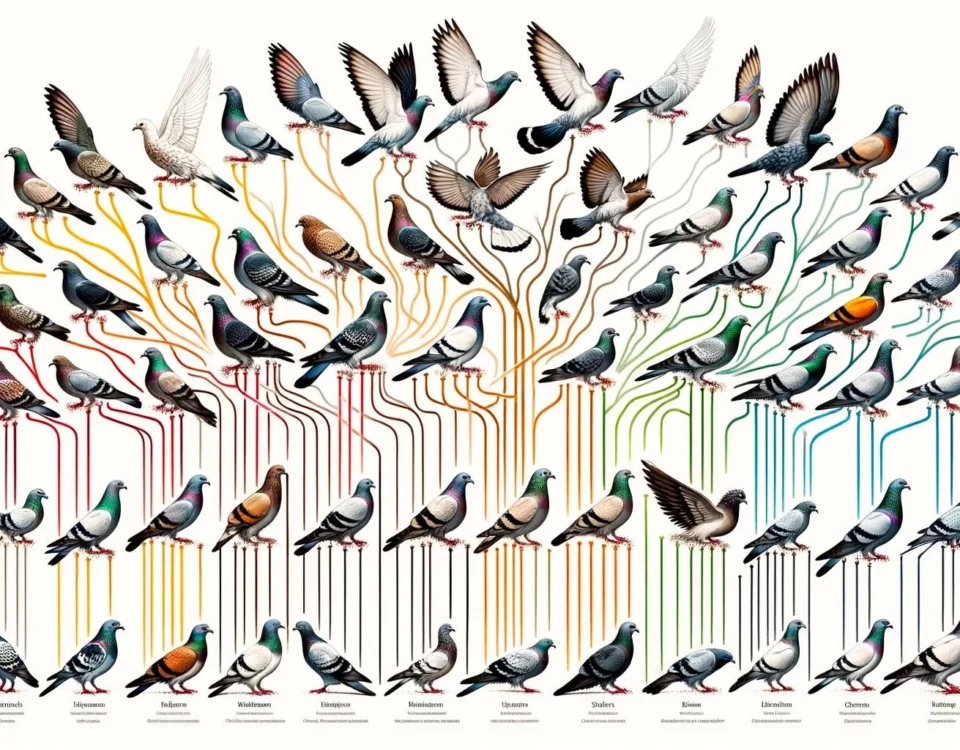Ecotourism is a form of sustainable tourism that focuses on exploring natural environments while contributing to their conservation. It aims to minimize negative impacts on the environment and wildlife, while also benefiting local communities. One area of interest within ecotourism is the observation and interaction with wild pigeons, which are often considered to be a nuisance in urban areas. However, wild pigeons can actually play an important role in ecosystems and can be a fascinating species to observe in their natural habitats.
Key Takeaways
- Ecotourism is a form of sustainable tourism that focuses on exploring natural environments while contributing to their conservation.
- Wild pigeons are often considered to be a nuisance in urban areas, but they can play an important role in ecosystems and can be a fascinating species to observe in their natural habitats.
- Ecotourism can provide opportunities for people to learn about and appreciate the value of wild pigeons and their ecosystems, while also supporting conservation efforts and local communities.
The Role of Wild Pigeons in Ecosystems
Wild pigeons, also known as rock pigeons or feral pigeons, are descendants of domesticated pigeons. They have adapted to urban environments and have become a common sight in many cities around the world. While they are often viewed as pests due to their tendency to roost and nest in buildings, wild pigeons actually play an important role in ecosystems.
Wild pigeons serve as an important source of food for various predators, including birds of prey, small mammals, and reptiles. Their droppings also contribute to nutrient cycling in ecosystems, fertilizing soils and promoting plant growth. Additionally, pigeons help disperse seeds, playing a role in the regeneration of vegetation.
By observing wild pigeons in their natural habitats, ecotourists can gain a greater appreciation for the vital role they play in ecosystems and learn about the intricate connections between different species.
Ecotourism and Wild Pigeon Conservation
Ecotourism can provide opportunities for people to learn about and appreciate the value of wild pigeons and their ecosystems, while also supporting conservation efforts and local communities. By participating in guided tours or birdwatching expeditions, ecotourists can observe wild pigeons in their natural habitats, gaining a deeper understanding of their behavior, ecology, and conservation challenges.
Ecotourism can also contribute directly to wild pigeon conservation. Revenue generated from ecotourism activities, such as entrance fees or guided tours, can be used to fund conservation initiatives, including habitat restoration, scientific research, and community-based projects. By supporting these efforts, ecotourists play a crucial role in the protection of wild pigeon populations and their ecosystems.
Challenges and Considerations in Wild Pigeon Ecotourism
While wild pigeon ecotourism can have numerous benefits, there are also several challenges and considerations to keep in mind. One of the main challenges is the potential disturbance caused by human presence. Pigeons, like other wildlife, can be sensitive to disturbances and may alter their behavior in response to human activities. It is important for ecotourists and tour operators to follow ethical guidelines and minimize their impact on the pigeons and their habitats.
Additionally, the management of wild pigeon populations in urban areas is a complex issue that needs to be addressed. While ecotourism can provide opportunities for people to appreciate and understand pigeons in their natural habitats, it is essential to find sustainable solutions for managing pigeon populations in cities without causing harm to the birds or compromising public health and safety.
Overall, wild pigeon ecotourism has the potential to promote conservation and enhance public awareness about the importance of pigeons and their ecosystems. By experiencing these birds in their natural habitats, ecotourists can develop a deeper understanding and appreciation for their role in the natural world.









